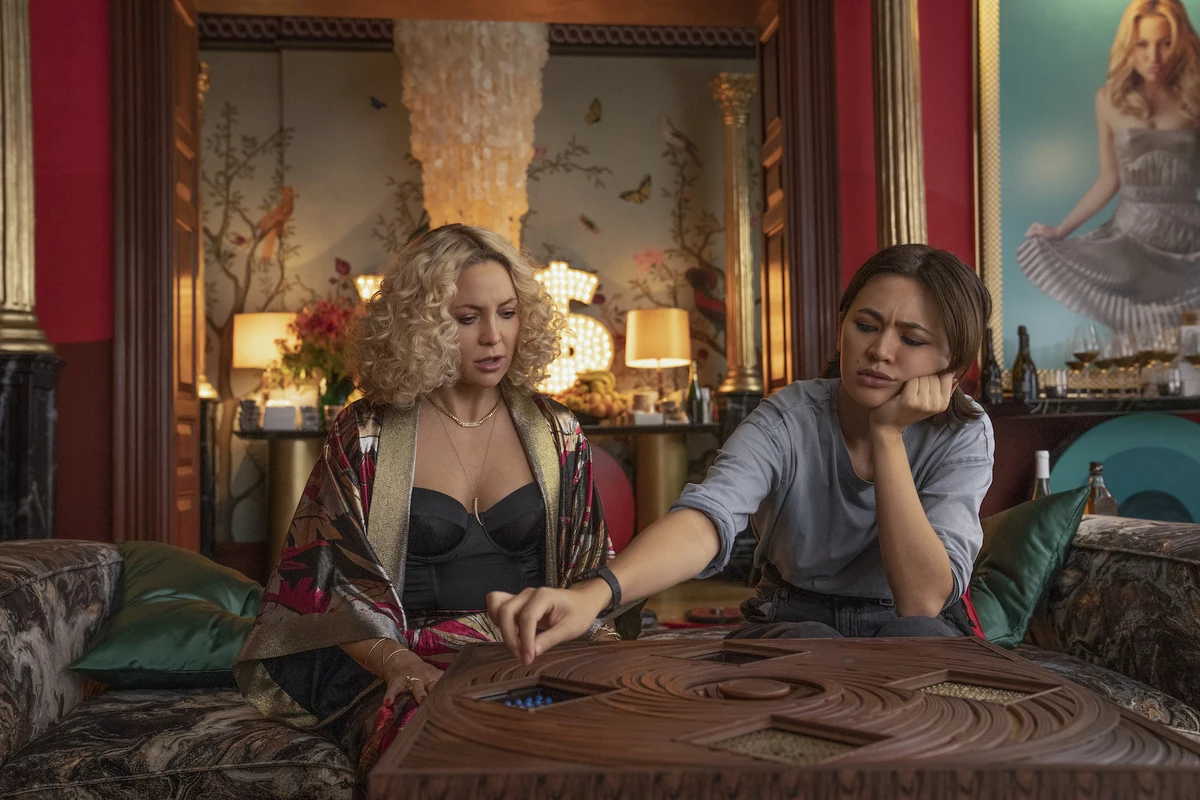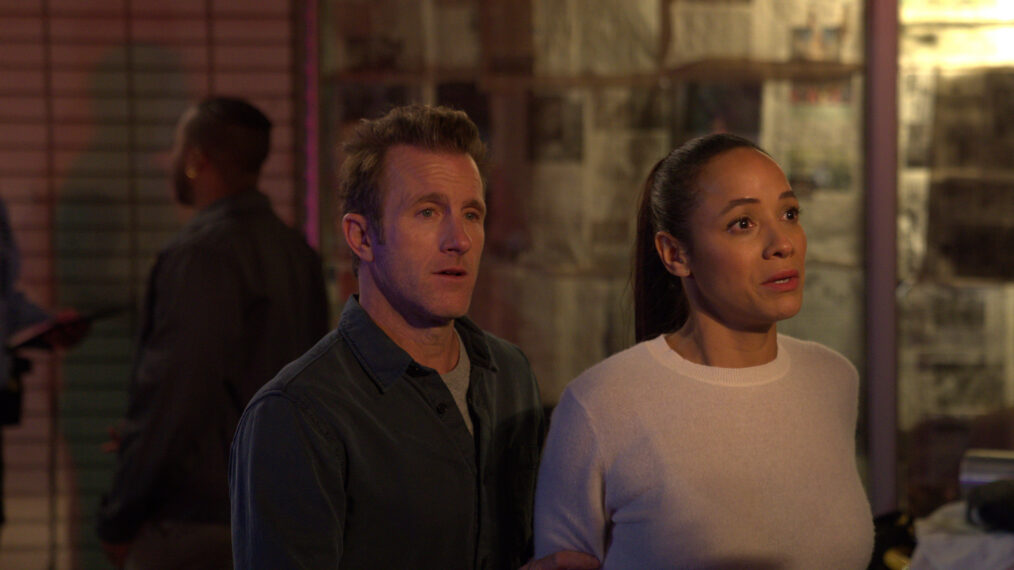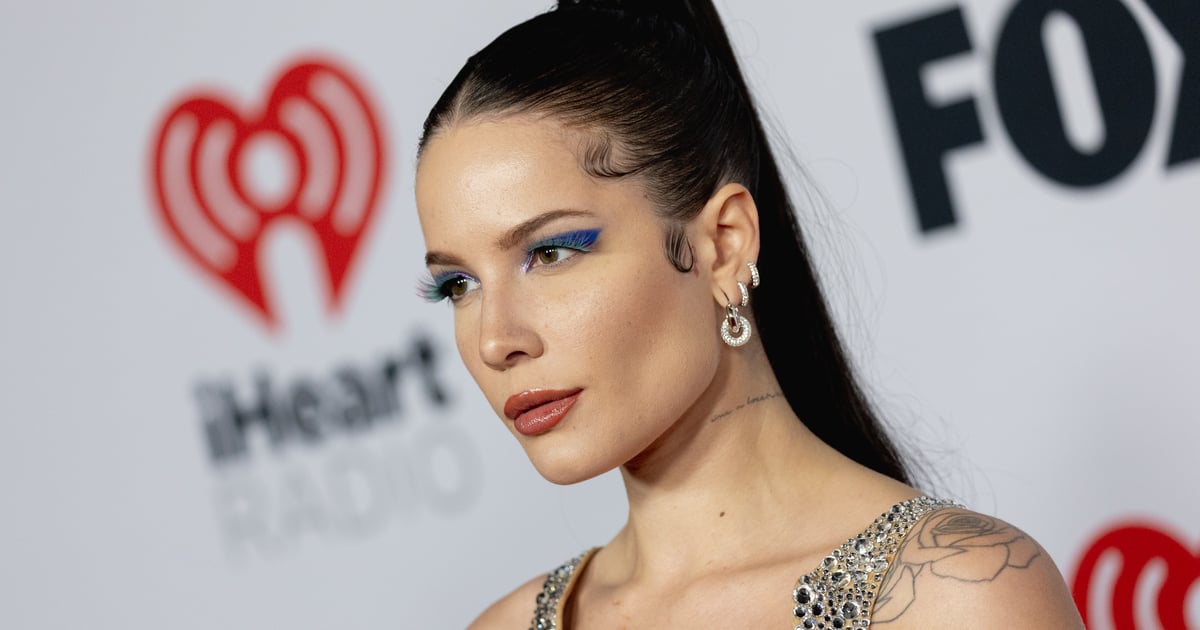The Hip Hop Nutcracker “turns Tchaikovsky on his head in the coolest possible way.”
The reimagining of the Russian classical composer’s 130-year-old ballet set in contemporary New York City has been living up to that promotional promise for the last 10 years. Now a holiday tradition in its own right, the dance extravaganza is currently in the midst of a 30-city tour. And there for each and every beat, notwithstanding a heart transplant in December 2020, has been the show’s special guest MC and one of rap’s founding fathers, Kurtis Blow.
“I was always a fan and supporter of the fusion of hip-hop with other genres of music,” says Blow, recalling the first time he watched a show rehearsal in 2013. “I saw these young b-boys and b-girls just doing their thing, representing with all the styles from popping and locking to electric boogaloo; kicks, head spins, back spins, windmills, air twists — and doing so to Tchaikovsky’s incredible classical music with hip-hop beats under it. I said, ‘Oh my God, I’ve got to be a part of this.’”
The trailblazing artist known for classics such as “Christmas Rappin’,” “The Breaks” and “Party Time,” a fusion of rap and go-go, Blow was the first rapper to be signed to a major label (Mercury Records) in 1979, among other accolades. This past summer, Blow and fellow hip- hop legends, Chuck D and KRS-One founded the Hip Hop Alliance, the first ever union for hip-hop and R&B artists and the workforce that supports them.
The Hip Hop Nutcracker will wrap its 10th season in Hartford, Conn., on New Year’s Eve. The remainder of the tour will be dedicated to the late Stephen “tWitch” Boss, freestyle hip-hop dancer/choreographer and The Ellen DeGeneres Show co-host/co-exec producer. “We want to acknowledge the passing of one of our Nutcracker family members,” Blow says of Boss, who was part of Disney’s version of the show, now streaming on Disney+.
During a phone interview during the tour’s New York stop, Blow reflected on why The Hip Hop Nutcracker still resonates, life after his heart transplant, and hip-hop’s monumental 50th anniversary in 2023.
For those who haven’t seen the show, what does your role entail?
I get everyone prepared for what they’re about to see by first taking them back with a medley of old school hip-hop songs because the show starts out in 1980 on New Year’s Eve. At the end of the intro, I sing a song called “New Year’s Eve” and in the middle of that, I have everyone count down from 10 to one. When we get to one, we scream Happy New Year as loud as we can. Then the show starts. At the end I come back and do “The Breaks” with the whole cast. These talented dancers from all over the world give 150% every night. Audiences come to the show — whose theme is love conquers all — and leave revitalized. I’m seeing generations from grandparents to their grandchildren and their daughters and sons. That’s what hip-hop is about too: all races, all ages.
What has your life been like since the transplant?
I am a walking, living, breathing testimony that God is still in the miracle business. What God did for me, God is able to do it for you and everyone else. This is a big part of my faith because I’m a preacher as well. Waking up the next morning after the operation, seeing the doctors and nurses and getting a thumbs up … I still get that joy every morning when I wake up. I thank God that I’m still alive — and so grateful to be a part of this opportunity to spread love during the holiday season.
Which is something you first did in the late ‘70s with “Christmas Rappin’.”
I think it was 1978. Billboard included me, a young college student, in the last section of an interview about this new thing called rap. I will never forget it because during that time, there were other more popular MCs like DJ Hollywood, Eddie Cheeba, Kool Herc, Afrika Bambaataa. But that article became the basis of my credibility, and I think it was indirectly a part of me getting my record deal with Mercury. Robert Ford Jr. wrote that article. Later, he and J.B. Moore, who also worked for Billboard, produced my first gold single, “Christmas Rappin’”. I owe Billboard and just want to say thank you!
What does the genre’s upcoming 50th anniversary mean to you?
I started break dancing in 1972, became a DJ in ’73, and started rapping in ’74. I’ve witnessed this culture rise from the ashes of the ghettos of the Bronx, Harlem, Queens and Brooklyn. It was out of that cultural trauma that hip-hop was created; it was escapism in the music. Now it’s been around for 50 years and it’s still powerful — the No. 1-streamed genre in the world. Everyone around the globe is tuning in to listen to what hip-hop has to say. We definitely changed the world. And we have the opportunity to do it again. My message to all the young people out there is: We did it, and now the world is yours. The future is yours. You have the opportunity to build up your families, build up your communities and build up humanity.














































































![Ava Max – Kings & Queens [Official Music Video] Ava Max – Kings & Queens [Official Music Video]](https://i.ytimg.com/vi/jH1RNk8954Q/maxresdefault.jpg)

